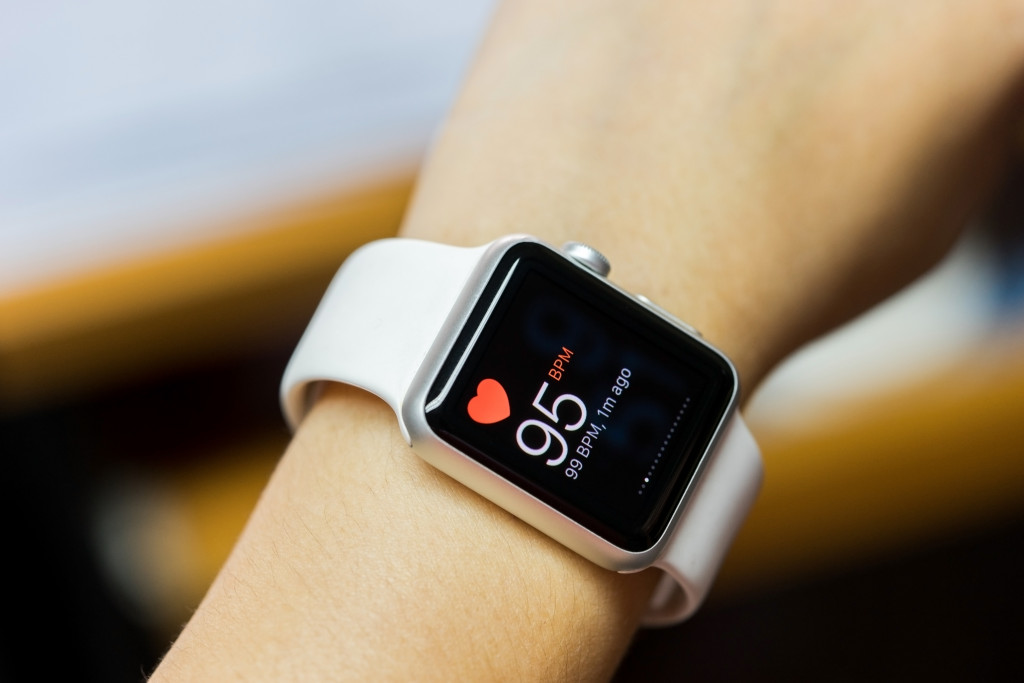Innovative health technology is changing the way we address health needs. With more and more people looking for ways to improve their health, technologies such as mobile health applications are becoming increasingly popular. As a result, many people have been able to achieve better health outcomes because of technology.
For example, innovative technology has paved the way toward the invention of prosthetics, glasses for macular degeneration, and even virtual health assistants. These technologies have proven very useful in providing health services to people with disabilities or health conditions who might not otherwise get the access they need.
Innovations in technology have paved the way toward better health outcomes for people. Therefore, healthcare providers need to maximize the benefits of technology so that they will be able to help more patients.
Examples of Innovative Technologies That Improve Health Care
Health technology is advancing at an exponential rate. However, many people are still not aware of how it can help them improve their quality of life. Innovative technologies have helped people by providing health services that they would not otherwise be able to get. Some innovative technologies in health care include the following:
1. GPS systems for patients with cognitive impairments or health conditions
GPS systems are essential for health care as they help health professionals keep track of patients who may be medically vulnerable. They are also helpful for individuals with cognitive impairments or health conditions since they can help avoid getting lost and prevent accidents like falling, wandering away from home, etc. By allowing healthcare providers to know exactly where their patients are, health care professionals can ensure that the patient gets to the right place at the right time.
GPS systems also help people who may not have any cognitive impairments but simply need assistance navigating around an area they do not know well. By allowing health professionals to track these individuals as well, GPS systems prevent accidents like a caregiver getting lost with a patient, or worse—the patient becoming separated from their caregiver.
2. Wi-Fi-enabled smart pill bottles
Another example is the use of Wi-Fi-enabled smart pill bottles, which can track if a patient has taken their medication or not. This technology is beneficial for older patients where memory loss can be an issue or for people with mental health issues who may forget to take their medication altogether.
Through Wi-Fi-enabled smart pill bottles, health professionals can see if the patient has taken their medication on time, allowing them to address health needs in a timelier manner. This is crucial, especially for patients who need to take medication on time every day.
3. Artificial intelligence
Using artificial intelligence has enabled health professionals to monitor health trends by looking at health data collected from multiple sources and identifying patterns in the data. AI can be used to diagnose and treat individuals, which helps health professionals address health needs with speed and accuracy.
4. Wearable technology

Wearable technology or wearables are health monitoring devices that can be worn over the body. The technology includes health monitors such as smartwatches, health trackers, and augmented reality headsets. Wearables help monitor the health conditions of individuals by collecting data which is then analyzed to identify patterns in the data collected.
This will allow health professionals to address specific health needs with speed and accuracy while minimizing risks that might result from health conditions that have escalated into worse health problems. Wearable technology provides real-time data, which helps health professionals address health needs faster than ever before.
Wearable technology is not only helping to monitor the health of individuals, but it also acts as a guide for people looking at healthy living styles and habits. This has helped increase awareness about health conditions and health problems that might have otherwise been ignored.
5. Internet of Things
The Internet of Things also plays a vital role in providing real-time data to health professionals, which helps them take quick action as soon as they notice the onset of health issues specific to an individual or group of individuals. The sensors embedded into wearable technology provide accurate information about vitals like heart rate, blood pressure, hydration levels, and health conditions. This information is then transmitted to health professionals who can diagnose the problem or suggest a course of action that would address it effectively.
In addition to this, IoT also has applications for medical practices where sensors are used as guides for surgical procedures, which help doctors perform them with greater precision and accuracy. As a result, patients can achieve better health outcomes.
The Impact of Technology on Health Care
Health care has benefited significantly from the use of technology. Because of the benefits of technology, many patients have been able to achieve better health outcomes. Healthcare providers have also been able to enhance their healthcare services to patients because of the benefits of innovative technologies.
